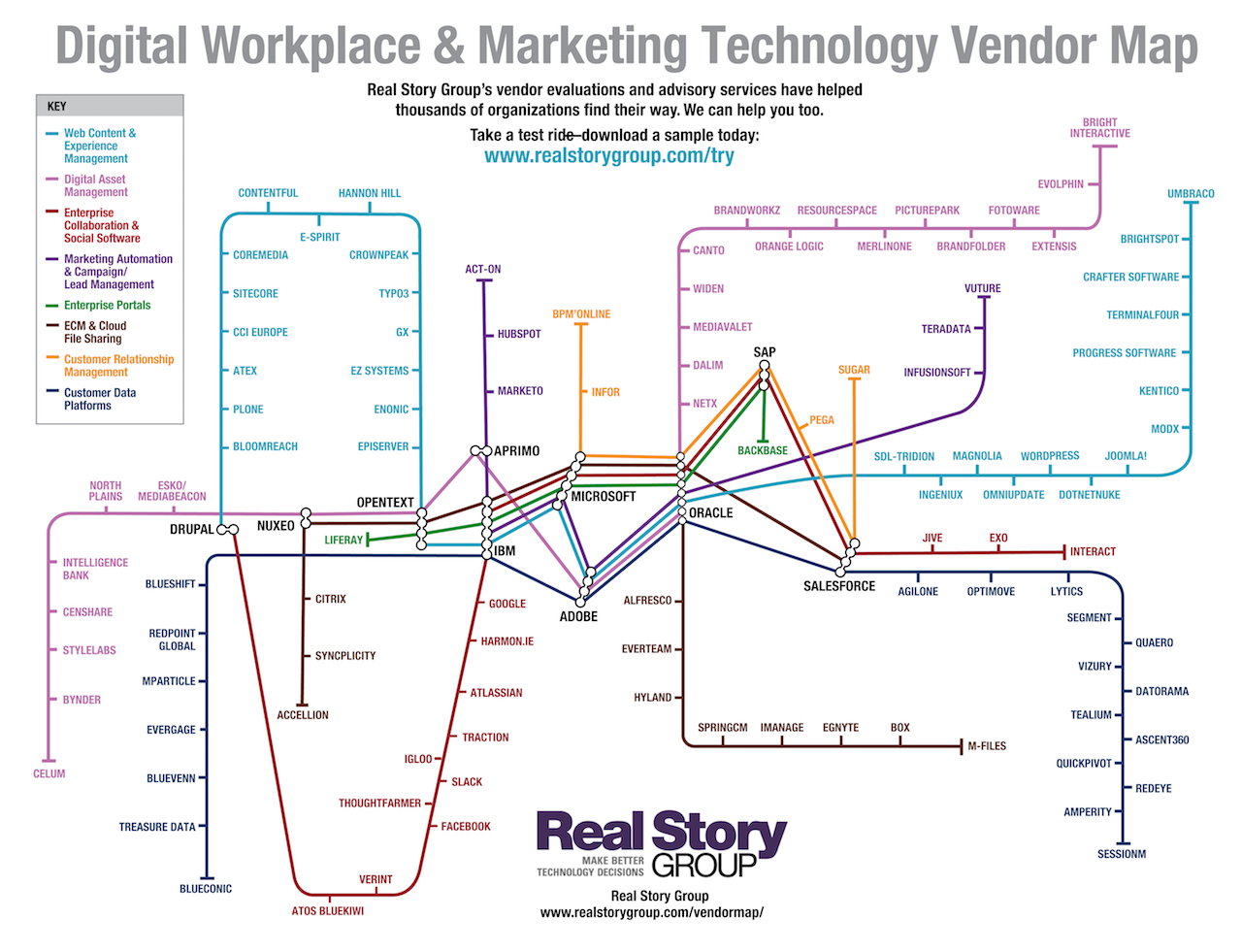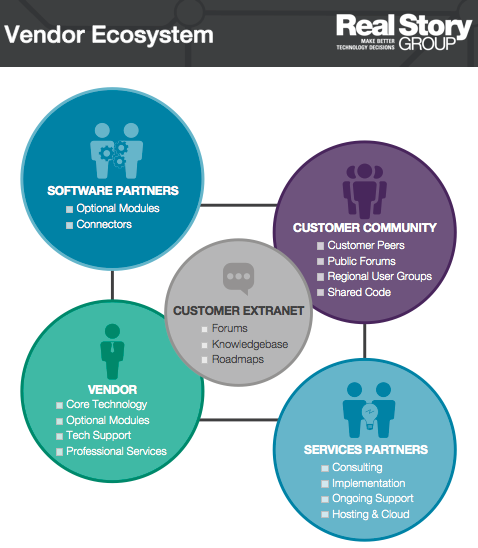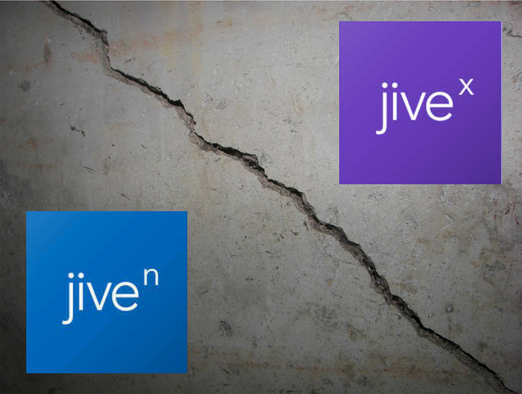Lessons from the Death of Google Search Appliance
This year we've been getting an unusual amount of inquiries about web/intranet search as Google's venerable Search Appliance reaches "end of life" in 2019. GSA's 17-year run is nothing to sneeze at, but there are lessons for you the customer in its passing.
GSA is particularly interesting because it was arguably the first major attempt to lift-and-load consumer-facing technology into the enterprise. Let's review some of the good and bad that transpired.
Positive Lessons
User Experience
Google's famous push to cut away extraneous user interface elements also applied to its search appliance. The resultset page became so canonical that other search vendors started copying the CSS to make their results "look like Google." A simplified UX also made transitioning to mobile much easier. Newer digital workplace technologies like Slack have taken notice. Of course, simplicity becomes more possible when you...
...Do One Thing Well
Google didn't try to make GSA into a multifunction server. The appliance did one thing: spider your websites or intranet, index what it saw, apply a simple algorithm, and deliver results. During an era of SharePoint and WebSphere-inspired über-platforms, Google pointed to a function-point approach that is increasingly gaining currency in large digital stacks.
Negative Lessons
Enterprise Search Is Hard
GSA revealed that true, multi-repository enterprise search is a tough nut to crack. Google's internet-inspired ranking algorithms often didn't work well in the messy stew of enterprise information. Put another way: website search is not the same thing as enterprise search. Thank you Google, for teaching everyone that — hopefully once and for all.
Google Doesn't Do Customization
GSA famously relied on browser-based configuration rather than true customization to modify search behavior. That works for simpler scenarios, but in the enterprise — where customers have more complex security needs and specific search applications to roll out — often you need to get closer to the metal.
There are big lessons for cloud-based solutions here, especially multi-tenant SaaS offerings; enterprises are increasingly open to this model in theory, but may want more control over the environment in practice. It's an extension of the old platform-versus-product debate. I love the simplicity of multi-tenant products, but RSG still tends to counsel if that if a particular technology is a key "anchor" in your stack, you may want a single-tenant platform that you can customize and extend.
Application-level Search May Matter More
Savvier enterprise customers have not tried to build out one-size-fit-all enterprise search, and instead have focused on customized search applications embedded into specific user journeys. If I'm searching in the benefits area of the HR portal, you don't need to include marketing spreadsheets in the index. One of the quiet victories of the past decade has been substantial improvement in intra-application search, driven largely by the rise of the impressive Lucene ecosystem.
Google Doesn't Do Corporate Customers Very Well
Google is famous for hiring people with the promise that they will never have to deal directly with us persnickety customers. It's one thing to have a reseller or channel sales model — many successful WCM vendors do too — but Google seems to want to shield itself from the woof and flutter of enterprise demands.
This drives them to fulfill lower common denominator needs, which for email has worked well, but for the rest of the toolset in G Suite has created some tension and limited Google's usefulness for enterprise collaboration (consult RSG's social-collaboration vendor evaluation research for more details).
Consumer Tech Needs to Be Adapted for the Enterprise
Hopefully by now we all get this. Successful consumer digital experiences can teach us a lot about usability, but work still remains different than play. In an ideal world, work and play are both satisfying, but in different ways. Much of the "magic" to any technology takes place behind the scenes, and for enterprise environments — messy, multitasking, multiplexed, mega-secured, and multilingual — the back-end can get very complicated indeed.
This puts more pressure on simplifying the front end as well. We'd like to see enterprise tech vendors put more effort into usability.
Parting Thoughts
Much like SharePoint did for Document Management and Salesforce did for CRM, Google showed how a more streamlined offering could offer value in Web Search settings, even while it proved woefully inadequate for advanced use cases.
But that's the thing: enterprises have different levels of maturity and varying needs for richness (a.k.a., complexity). Simpler is better...until it's not.
You might miss the little yellow appliances. They were cute, if nothing else. For GSA licensees, now is a good time to review your broader search strategy before just swapping in a new solution.







